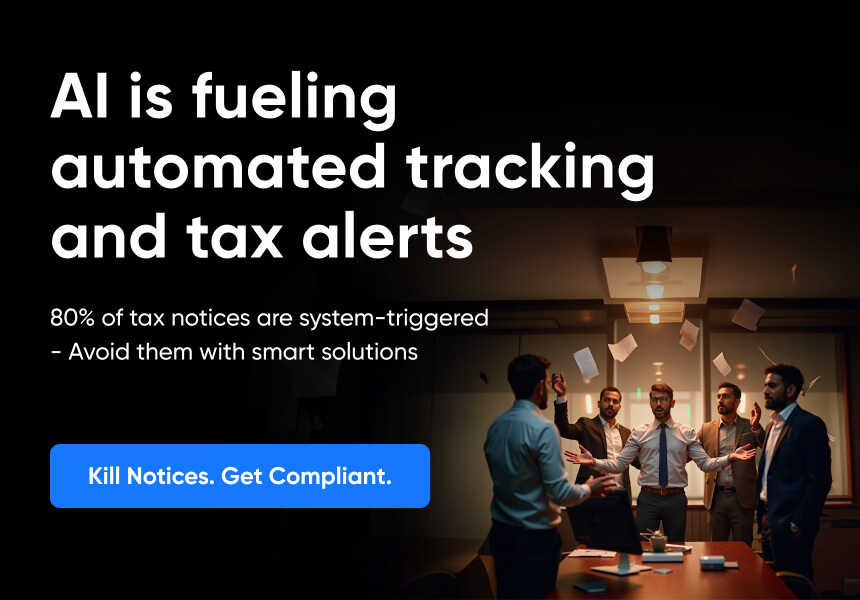POPULAR ARTICLES
- What is Purchase Requisition? Meaning, Process, Format, Examples, Benefits
- What is a Purchase Order? Meaning, Format, Types, Example, How to Make it
- What is Debit Balance in Accounts Payable? - Meaning, Example, Reasons
- Accounts Payable Job Description: Roles and Responsibilities
- What is a Debit Memo and Credit Memo in Accounts Payable?
- AP to GL Reconciliation: How to do Accounts Payable to General Ledger Reconciliation?
- What is 4-Way Matching in Accounts Payable and How It Works?
- What is Invoice Processing? Meaning, Steps, Flowchart, Benefits
- Accounts Payable Aging Report: Meaning, Uses, How to Generate, Analysis
- Accounts Payable Turnover Ratio: Formula, Calculation, Example, How To Improve AP Turnover Ratio
- Accounts Payable Cycle: What is the Full Cycle Accounts Payable Process?
- Days Sales Outstanding (DSO): Meaning, Formula, Calculation, Example
- What is Procurement: Meaning, Process Flow, Types, Examples
- Accounts Payable Reconciliation: How to Reconcile Accounts Payable?
RELATED ARTICLES
- What is Accounts Payable - Meaning, Process, Examples, Formula
- What is Invoice Discounting: Meaning, Process, Examples, and Benefits
- Accounts Payable Journal Entry: Types & Examples
- SAP Tcodes for Accounts Payable: SAP Transaction Codes List for Accounts Payable
- Accrued Income Journal Entry: Meaning, Importance, and Examples
- What is Procure to Pay (P2P)? Process, Cycle, Benefits, Best Practices
- What is Bill Discounting: Meaning, Rebate, Types, Process & Examples
- 2-Way & 3-Way Matching in Accounts Payable Explained
- Letter of Credit (LC) Discounting: Process, Interest Rates & Example
- What is TReDS? Meaning, Full Form, Registration, Platforms & MSME Benefits
Accounts Payable Digital Transformation
Modern business environments require organisations to implement methods for improving operational efficiency while reducing costs. Accounts payable digital transformation has emerged as a critical strategy to achieve these objectives within finance departments. Digital transformation AP involves integrating advanced technologies to automate manual processes within the accounts payable function. This AP transformation not only streamlines workflows but also provides valuable insights into cash flow management, positioning accounts payable digital transformation as an essential initiative for contemporary businesses.
Need for Digital Transformation in Accounts Payable
Many organisations face significant challenges due to understaffing issues that impact invoice management and financial visibility. Traditional paper-based AP methods consume excessive time while producing errors and maintaining poor financial oversight, demonstrating the necessity for accounts payable digital transformation. Inefficient payment processes lead to delayed vendor payments, damaging supplier relationships and preventing cost-saving opportunities. Recent research indicates that companies implementing AP transformation have experienced substantial reductions in processing costs and cycle times, highlighting the benefits of AP digital transformation.
How to Prepare for AP Digital Transformation
Successful accounts payable digital transformation requires thorough assessment of existing processes and clear understanding of organisational objectives. Organisations must examine current business procedures for automated invoice approval systems and payment protocols. AP and accounting leadership should identify performance limitations within invoice and cash operations to determine their influence on approval procedures. A comprehensive roadmap outlining implementation steps, technologies, and key stakeholders is essential for effective digital transformation AP implementation and maximising the benefits of AP digital transformation.
Benefits of Accounts Payable Digital Transformation
Accounts payable digital transformation offers numerous advantages for modern businesses.
- Real-time invoice visibility through automated systems helps businesses monitor payments and control their cash flow better. The use of OCR and AI technologies enables automatic invoice data extraction and coding which decreases human labor and eliminates mistakes.
- The automation of standard operations allows AP teams to dedicate their efforts to strategic activities while improving their productivity and enabling business expansion.
- Digital transformation AP enhances supplier relationships through timely payments, supports business growth via better financial control, facilitates remote vwork, reduces fraud risk, decreases costs by eliminating manual tasks, offers various vendor payment options, and helps track eligible rebates.
Challenges in AP Digital Transformation
Despite the advantages, organisations implementing digital transformation AP may face several challenges:
- Limited visibility into financial processes with traditional AP methods
- Missing or lost invoices in paper-based systems causing supplier and accounting issues
- Increased discrepancies in invoice information requiring manual intervention
- Employee resistance to adopting new technologies and processes
- Data security concerns requiring robust protection measures during accounts payable digital transformation
- Cost is another challenge in this process, as implementing new technologies can be expensive.
Addressing these challenges is essential for successful AP transformation implementation.
Future Trends in Digital Transformation AP
The field of accounts payable digital transformation continues to evolve with several key trends:
- Organisations increasingly recognise the need for ongoing AP transformation to maintain competitive advantage. The number of businesses prioritising accounts payable digital transformation continues to grow annually. Industry leaders are adopting electronic payments, automated invoice processing, three-way matching, and comprehensive procure-to-pay automation, all integral to digital transformation AP.
- AI and machine learning are becoming fundamental components of AP operations, performing automated functions while enhancing accuracy and delivering performance metrics. These technologies enable systems to learn and improve over time, advancing accounts payable digital transformation and enhancing the benefits of AP digital transformation.
Accounts payable digital transformation has become essential for organisations seeking to optimise financial operations. Businesses implementing automation alongside advanced technologies gain substantial improvements in operational efficiency, supplier relationships, and accuracy. While challenges exist, the benefits of AP digital transformation are considerable and support future organisational growth. Embracing digital transformation AP is crucial for maintaining competitiveness in today's dynamic business environment.


